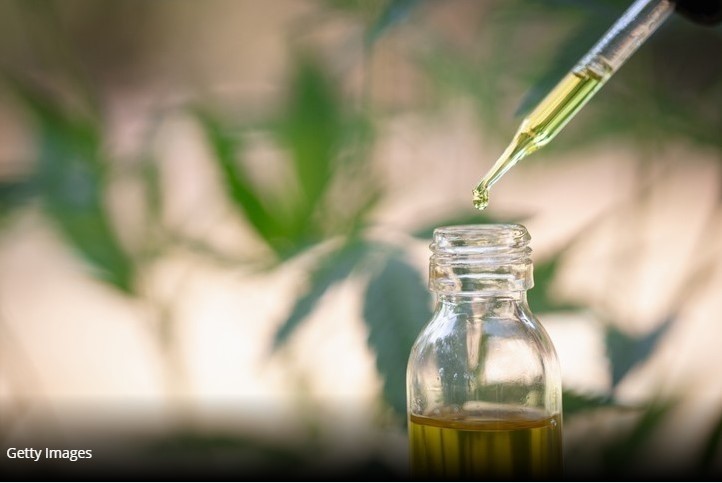CBD encapsulation and dual delivery: Researchers say new process significantly increases short-term bioavailability

The therapeutic benefits of CBD for some brain disorders are becoming more widely understood because it reduces inflammation and acts as an antioxidant. However, it is difficult for body to absorb when it's taken orally.
To address this problem, scientists produced CBD microcapsules, using sodium alginate, an extract from brown algae that creates a ‘physical’ barrier for volatile compounds such as CBD against exposure to light and air in pharmacological protocols.
Previous studies have demonstrated that sodium alginate microcapsules significantly increase the brain uptake and associated neuroprotective effects of the drug probucol.
The researchers also explored the use of an absorption enhancer. Deoxycholic acid (DCA) is a metabolite of chenodeoxycholic acid, a primary bile acid made from cholesterol in the liver in humans. It is among several secondary bile acids to be utilised in pharmacokinetic research as a permeation-modifying biomolecule
Writing in the journal Plos One, they detailed how they administered mice with either 5 mg/kg weight of CBD in naked oil, in capsulation (CBD capsule), or in capsulation with additional 4 mg/kg by weight of DCA capsules (CBD capsule + DCA capsule).
Compared with unencapsulated CBD oil, their new method increased the amount of CBD in blood by an average of 47 per cent, and in the brain by an average of 25 per cent.
With the new capsule combination, the peak concentration of CBD in the brain was 300 per cent higher than with CBD oil.
Enhancing absorption
They wrote that the short-term bioavailability impact was the most impressive.
“Mice that received CBD capsules + DCA capsules showed a 40% and 47% increase in CBD plasma compared to mice on CBD capsules and naked CBD oil, respectively.
“Furthermore, the CBD capsules + DCA capsules group showed a 48% and 25% increase in CBD brain concentration compared to mice on CBD capsules and naked CBD oil, respectively.
“ In mice treated with CBD capsules + DCA capsules, the brain CBD concentration peaked at 0.3 hours with a 300% increased availability compared to CBD capsules and naked CBD oil groups, which peaked at 1 hour after administration.”
The hypothesise that the encapsulation technique may protect CBD from oxidation, degradation by light, and acidic digestion within the stomach, enhancing the absorption through the GI tract and cumulative plasma bioavailability.
They also believe they have shown for the first time that DCA increases the uptake and retention of CBD within the brain.
“DCA may therefore significantly promote the neuroprotective efficacy of orally administered CBD, particularly for the treatment of neurodegenerative disorders,” they added.
Limitations of the study included the low number of mice for each treatment group, which may have affected the statistical analysis and obscured potential treatment effects.
Additionally, the study would have been strengthened by increasing the number of time-points for sample collections.
They added: “Subsequent investigations could include 5 timepoints to clarify the short-term blood-to-brain kinetics of CBD. With further optimisation of the CBD encapsulation, along with in vitro characterisation of CBD capsules, future studies are likely to increase the drug dosage so results are more comparable with published data.”
Source: PLOS One
https://doi.org/10.1371/journal. pone.0243858
‘Sodium alginate microencapsulation improves the short-term oral bioavailability of cannabidiol when administered with deoxycholic acid’
Authors: Maimuna Majimbi, et al







